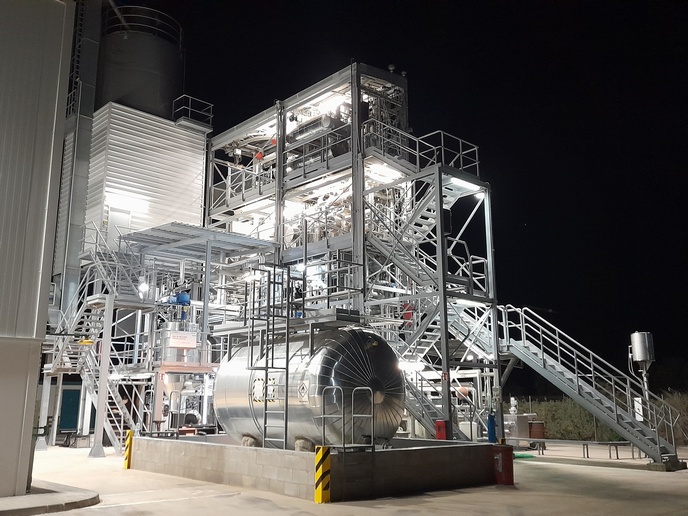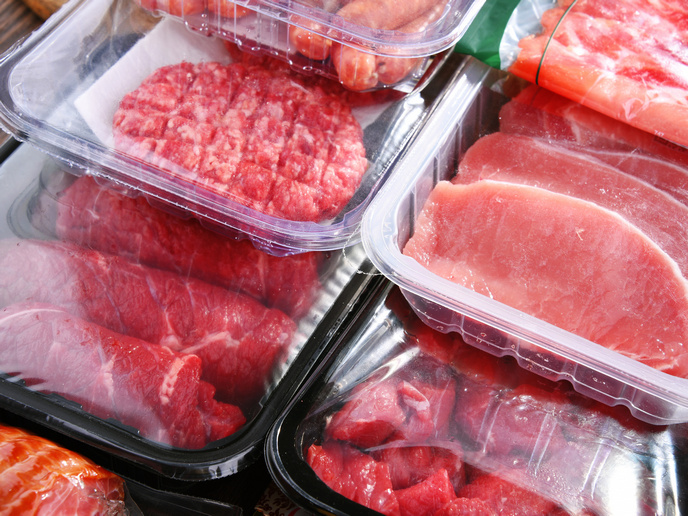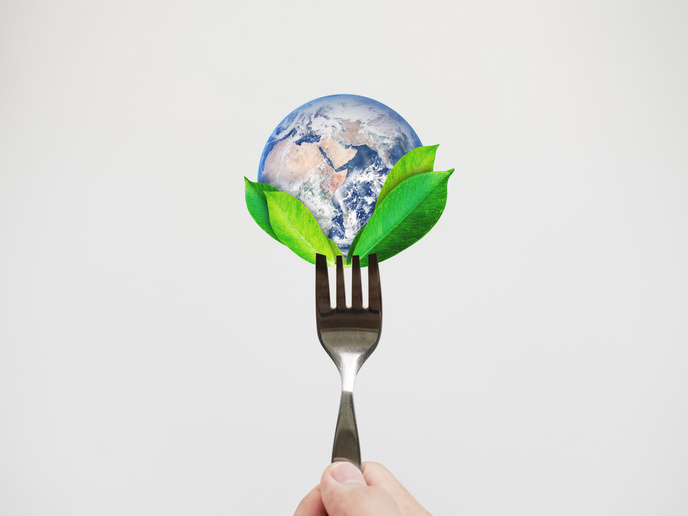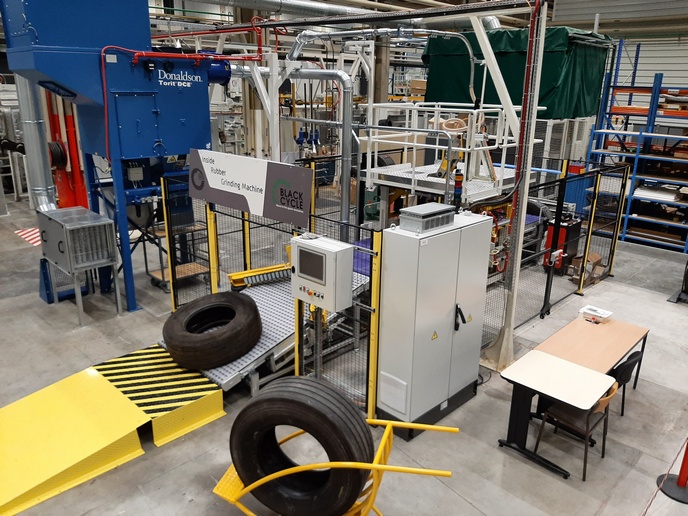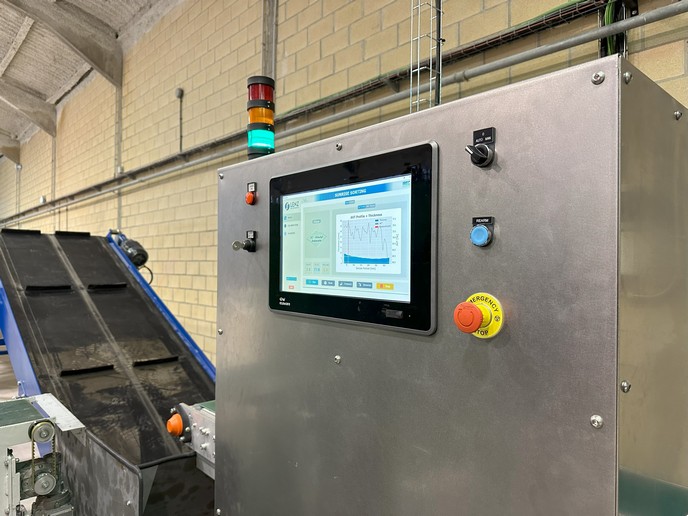Advanced chemical technology transforms non-recyclable plastic waste into valuable chemicals
Every year, around 18.5 million tonnes of plastic waste are generated in Europe, and about 70 % of this is not recycled owing to technical and economic reasons. Instead, a substantial portion ends up either in landfill (27 %) or is incinerated (42 %). This negatively impacts the environment and undermines societal views on waste management, consumer products industry and policy-making efforts. The EU-funded iCAREPLAST project sought to tackle these pressing plastic waste management issues in Europe, providing a cost-effective and energy-efficient solution for the chemical recycling and recovery of this waste. By combining pyrolysis, catalytic treatment and membrane technologies, iCAREPLAST helped transform non-recycled plastic waste into valuable chemicals such as aromatics, which are key in producing virgin-quality polymers. “Our innovative approach reduces the environmental impact of plastic waste by diverting it from landfills and incinerators. It also contributes to economic sustainability, creating an opportunity to generate income from the sale of by-products, including charcoal, CO2 and various hydrocarbons,” highlights project coordinator José M. Serra from the Spanish National Research Council (CSIC).
Innovative recycling technology nearing commercial stage
At the heart of project activities was validating critical technologies across various stages: from waste plastic pre-treatment to pyrolysis, catalytic treatment and membrane molecular separation. A significant part of activities was dedicated to crafting advanced AI control systems for each processing unit and the overall plant operation. “A notable milestone was achieved with manufacturing, installing and testing in an industrial environment specific process units at Urbaser facilities, using actual plastic waste,” notes Laura Almar, a member of the CSIC team. These real-world tests were crucial to validate the scalability and feasibility of the developed technologies. Another important achievement has been the development of an oxy-combustion system. This novel fuel cell stack based on solid-oxide cells not only produces pure oxygen for oxidising pyrolysis gases but also generates electricity and a high-purity CO2 stream. A thorough techno-economic analysis and a life cycle assessment analysis were conducted, providing valuable information on market acceptance and the economic and environmental sustainability of the iCAREPLAST process. Furthermore, project members developed a tool to integrate life cycle engineering indicators into real-time process control, enabling more accurate monitoring and optimisation of sustainability and productivity indicators.
Marking a shift from existing plastic recycling methods
Almar points out that, “unlike traditional mechanical recycling that grapples with contamination and economic challenges, iCAREPLAST pioneers by leveraging innovative thermochemical techniques like pyrolysis and catalytic transformation.” This approach helps convert non-recycled plastic waste into high-value chemicals, while keeping the carbon footprint at minimal levels. iCAREPLAST sought to close the material loop by efficiently transforming waste into valuable products. Its integration of carbon capture technologies further enhances its environmental sustainability, marking a notable departure from existing energy recovery processes. The project forecasts a promising increase of 12 % in its pyrolysis liquid yield and a 45 % reduction in energy requirements. The initiative is expected to significantly reduce plastic residue production by 95 %, potentially boosting economic yields by up to 200 %. Furthermore, it promises a substantial decrease in greenhouse gas emissions of between 58 % and 76 %, even achieving below net-zero levels when factoring in secondary product substitution. Serra states: “iCAREPLAST not only enhances the economic viability of plastic recycling but also reduces reliance on primary fossil resources and supports European targets for waste recycling. Through its educational activities, it also contributes to spreading knowledge and nurturing talent.”
Keywords
iCAREPLAST, plastic waste, recycling, pyrolysis, chemicals, chemical technology, process industries, energy efficiency



